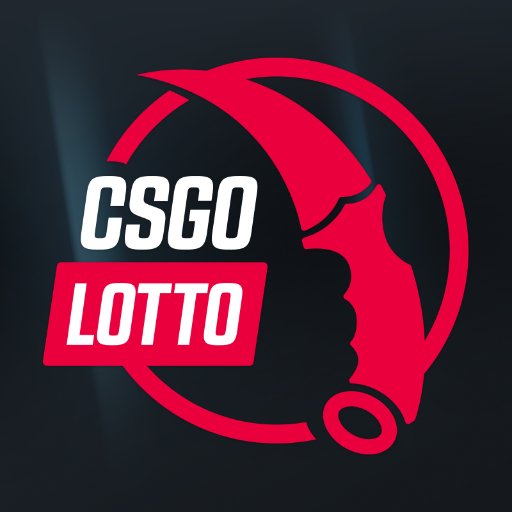
Two nearly identical lawsuits have been recently filed against the Valve Corporation over an alleged "illegal scheme" that revolves around the online game Counter Strike: Global Offensive, and more defendants have been added to one of those cases.
First came a June 23 filing in federal court in Connecticut, while another July 1 filing in federal court in southern Florida was amended Thursday to also include CSGOLotto.com, a third-party site that facilitates betting of CS:GO items, and two defendants who operate that particular Florida-based website.
Those two defendants' names may sound familiar to anyone following the cases in question: popular YouTube video game streamers Trevor "TmarTn" Martin and Tom "Syndicate" Cassell. Martin and Cassell were recently exposed for endorsing CSGOLotto as a get-rich-quick gambling site... without identifying themselves as the site's owners and operators.
The civil suit hinges on allegations that Valve knowingly enables and abets third-party gambling efforts through its Steam game-sales service. Sites like CSGOLotto allow players to submit their Steam credentials and upload in-game "skins" (cosmetic changes to in-game items like weapons) to a betting pool.
In some sites' cases, those bets can end with players cashing their uploaded skins out and getting real-world currency in return. The amended suit does not directly allege that CSGOLotto offers such real-world currency conversion. Instead, that site is alleged to allow users "to place bets on various casino-style games, lotteries, jackpots, and other ways to gamble skins as if they were casino chips."
But while the suit acknowledges that third-party sites operate in different ways, it ultimately alleges that "Valve owns the league, sells the casino chips for a fee, and receives a piece of the income stream through foreign websites in order to maintain the charade that Valve is not promoting and profiting from online gambling, like a modern-day Captain Renault from Casablanca."
Additionally, the suit points out numerous ways in which Steam could restrict access to these sites in question but did not and also claims that Valve employees have publicly confirmed knowledge of the skin-trading casino economies, particularly in a Daily Dot interview from late last month.
The suit also points to Valve's 2012 hire of a full-time economist to work on its microtransaction-heavy games and alleges that "the creation of Skins was a deliberate attempt by Valve to increase its sales and profits by adding an element of gambling and market economies to its products."
The plaintiff in question is not identified in the southern Florida suit, though the filing mentions that the plaintiff has filed on behalf of "her minor son." The suit mentions repeatedly that CS:GO gambling services, particularly CSGOLotto, largely target underage players.
We have asked Valve to comment on the lawsuit and will update this report with any response.
reader comments
90